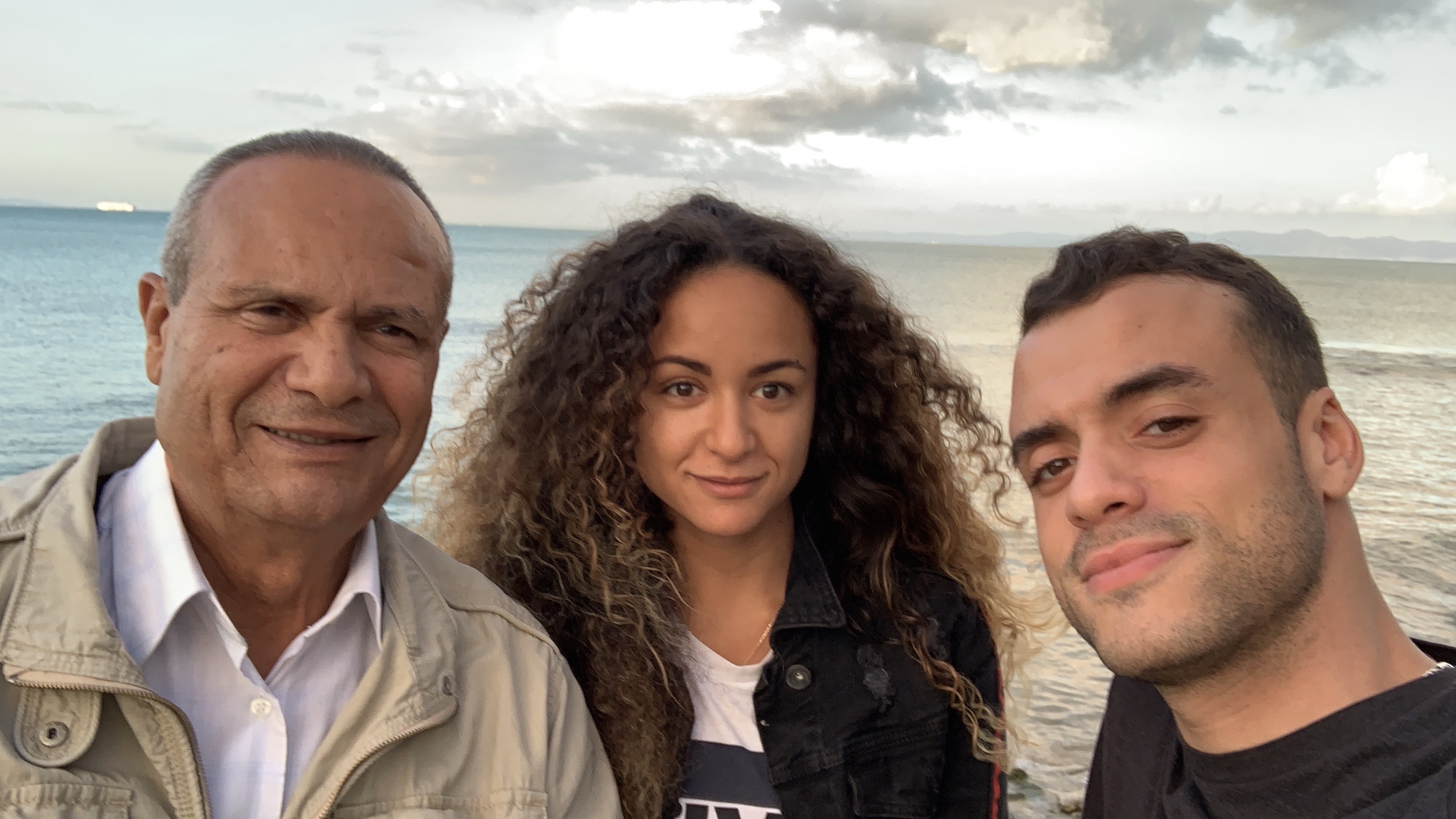
Swiss referee relives Heysel disaster
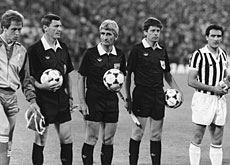
Twenty years ago André Daïna refereed the European Cup final between Liverpool and Juventus at the Heysel stadium in Brussels.
The match on May 28, 1985, should have been a glorious sporting occasion – but instead rioting by drunken fans led to disaster, with 39 people killed and 600 injured.
In an interview with swissinfo, Daïna recalls the fateful events of that May evening and talks about security at stadiums today.
Heysel has gone down in football history as one of the sport’s saddest days. The victory of the Italian club over their English rivals has been forgotten.
What is remembered is the collapse of a barricade under the pressure of the stampeding crowd, the hundreds of injured and the 39 supporters crushed to death.
Despite the tragic events before the game, organisers took the decision to go ahead with the final to prevent further outbreaks of violence.
A former Swiss national player turned referee, Daïna’s name is inextricably linked with Heysel.
swissinfo: On this sad anniversary, is it difficult to relive the bad memories?
André Daïna: To be honest, I’ve had enough of it. But it is not the kind of event you can just forget. I think we owe it to those who attended the match and never came home again to reflect on what happened.
Football is recovering. And Liverpool’s victory over AC Milan last Wednesday in the Champions League in some ways allows us to draw a line under what happened 20 years ago at Heysel. I would have liked to have been on the pitch on Wednesday and been part of a real celebration of football.
swissinfo: Twenty years on, what memories do you have of the night of May 29, 1985?
A.D.: Very clear memories. But I should make it clear that I didn’t see what was going on because I was locked in the changing rooms. I only saw the images on television afterwards.
At the time, I found out what was happening from various people who witnessed it. We knew that people had died and that chaos had broken out on the pitch.
swissinfo: You eventually decided to go ahead with the game. Do you still think you made the right call?
A.D.: It was the lesser of two evils. I still think that we did the right thing. The referee is normally in charge, but that evening because it was a final all the bosses from [European football’s governing body] Uefa were there and we considered the different options together. Nobody could force me out onto the pitch but I was convinced I had to do it so that the evening could end as “normally” as possible.
My aim was at all costs to avoid violence breaking out again. This could have happened if the stadium was cleared without a match having taken place. Of course, the game did not have the same importance that it would have had normally, and I knew that no one would remember what happened on the pitch.
swissinfo: Were you ever criticised for the “generous” penalty you awarded Juventus?
A.D.: What could and should have been the key point of the match was completely overshadowed. Some people thought it was a deliberate attempt on my part to ensure Juventus won. But watching at normal speed it was difficult to spot that the foul on Boniek – the Italian club’s Polish striker – was outside the penalty area.
swissinfo: Do you think May 29, 1985, was a turning point in modern football history?
A.D.: I think that was the point when we fully realised the potential [for violence] at football matches. Prior to Heysel some games had been spoiled by violence – but only ever within a national context, and these events were hushed up or dismissed.
On May 29, 1985, the teams were playing on neutral ground and at an international level. It was a huge shock. Football had to admit that it was not self-sufficient. It was clear that measures had to be taken to ensure its survival. That was the beginning of seat-only stadiums, the removal of barriers, the strengthening of security, cameras, lists of undesirables and so forth.
swissinfo: Turning to the future, do you think Switzerland will be able to ensure security at the Euro 2008 football championships it is jointly organising with Austria?
A.D.: The recent clashes at the Swiss Cup final don’t augur very well for the upcoming championships. But during Euro 2008 Switzerland will be in the international spotlight and there’s no doubt the organisers will do all they can to maximise security and ensure the competition goes smoothly.
Spectators shouldn’t be afraid of attending. And if Switzerland doesn’t feel it can ensure security it must ask for outside help. The large number of armed officers at football games always strikes me as rather strange – but it is necessary if football is to survive.
swissinfo-interview: Mathias Froidevaux
The Heysel tragedy claimed 39 lives and left 600 of the 60,000 spectators injured.
The Swiss referee, André Daïna, decided to go ahead with the match between Liverpool and Juventus, which Juventus won 1-0 thanks to a penalty by Michel Platini.
English football was excluded from international competition for five years following Heysel.
On May 29, 1985 English fans charged towards rival supporters at the Heysel stadium in Brussels.
The stampede caused the collapse of a separating wall and barriers. Dozens of people were trampled in the ensuing panic. Thirty-two Italians, four Belgians, two French and one Irish national lost their lives.
The Heysel stadium has since been renamed the “King Baudoin stadium”. It now holds a maximum of 40,000 people.

In compliance with the JTI standards
More: SWI swissinfo.ch certified by the Journalism Trust Initiative





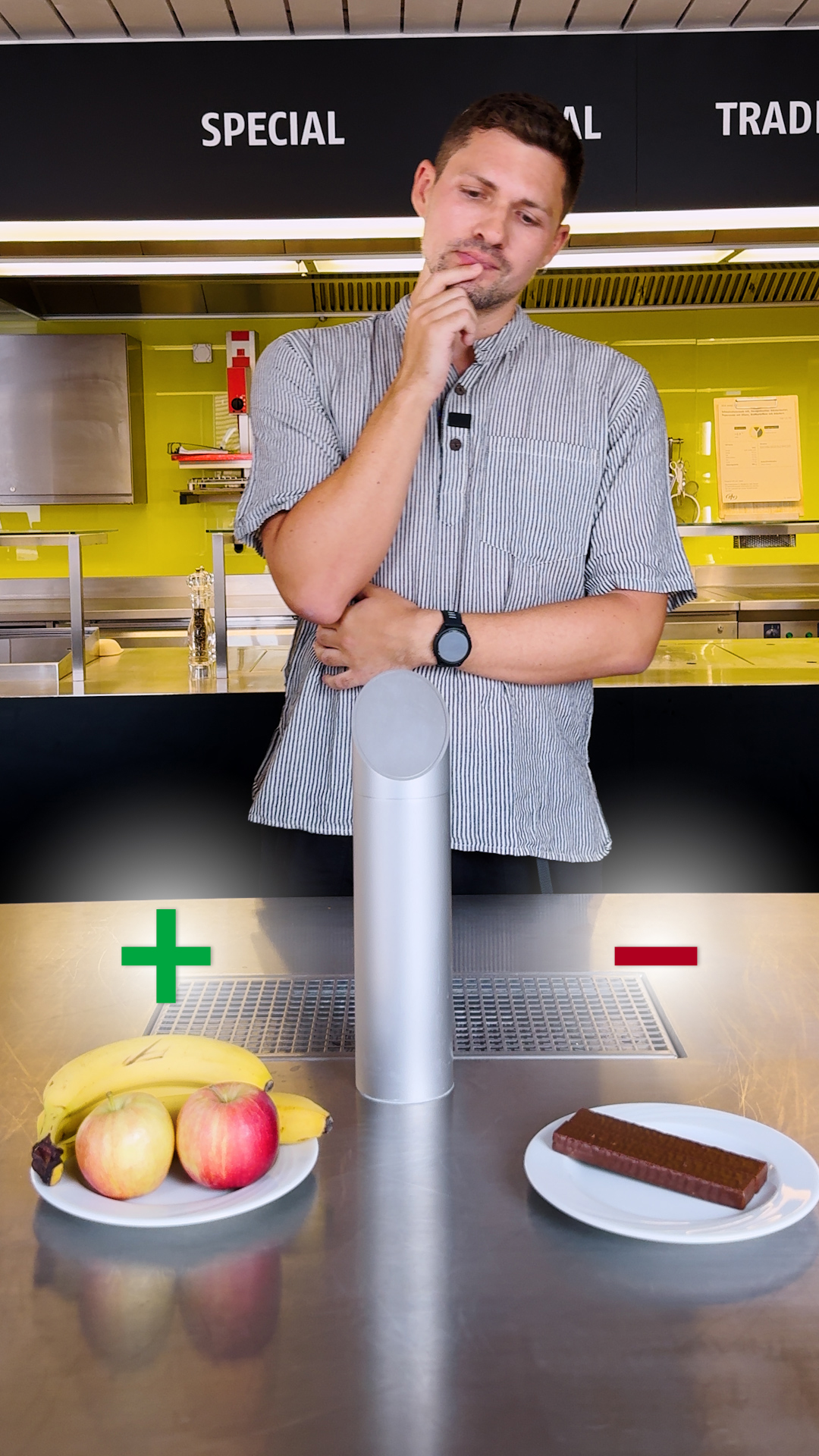










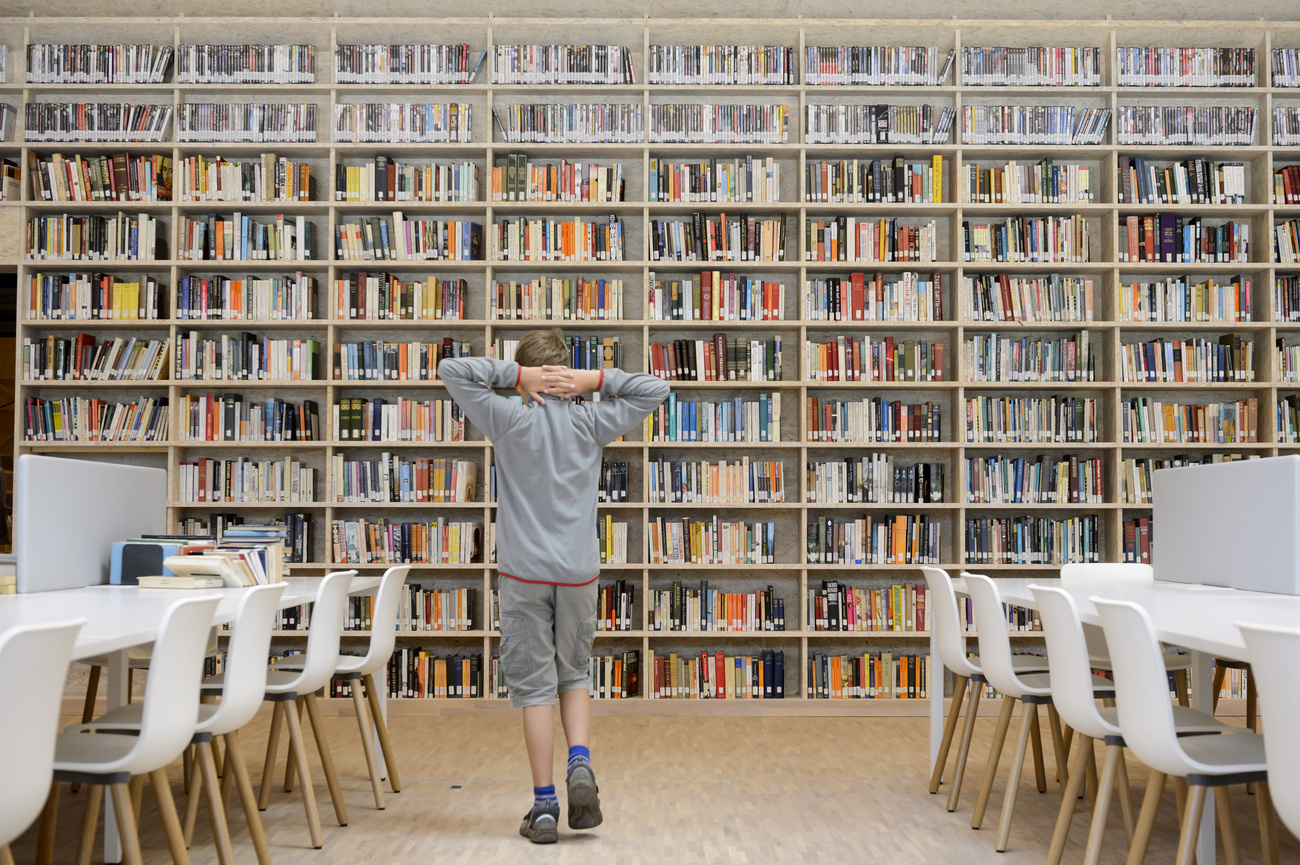





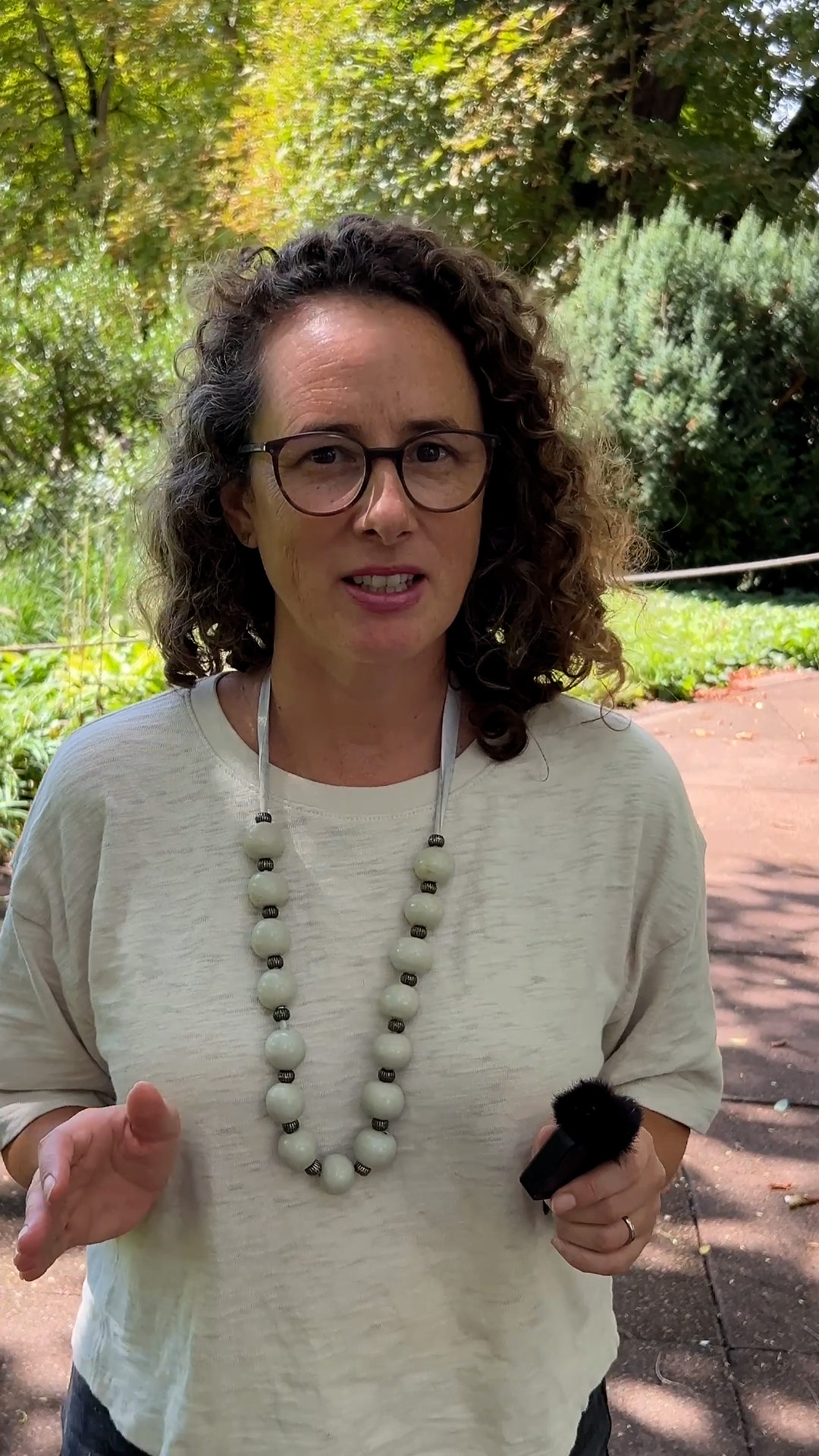




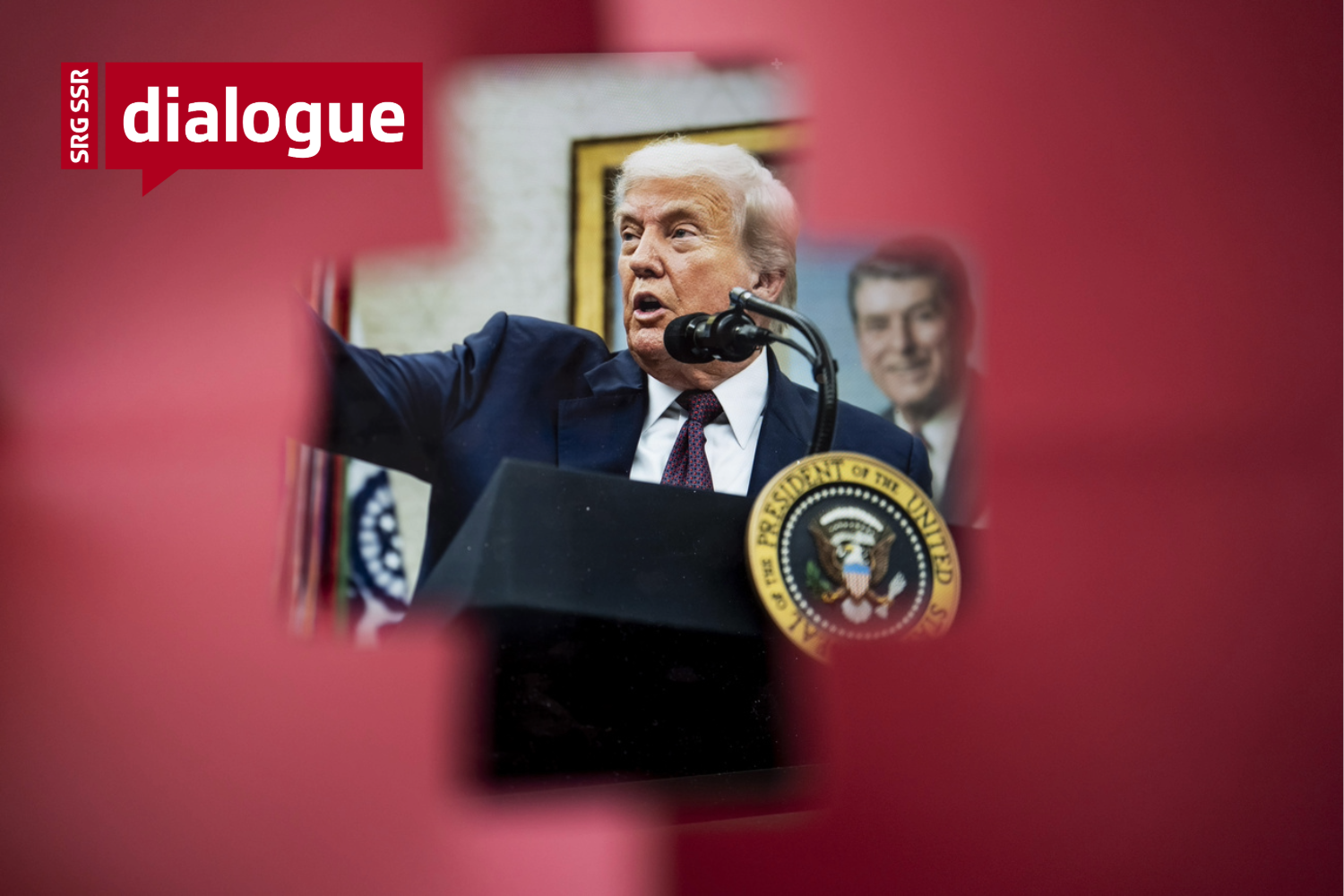


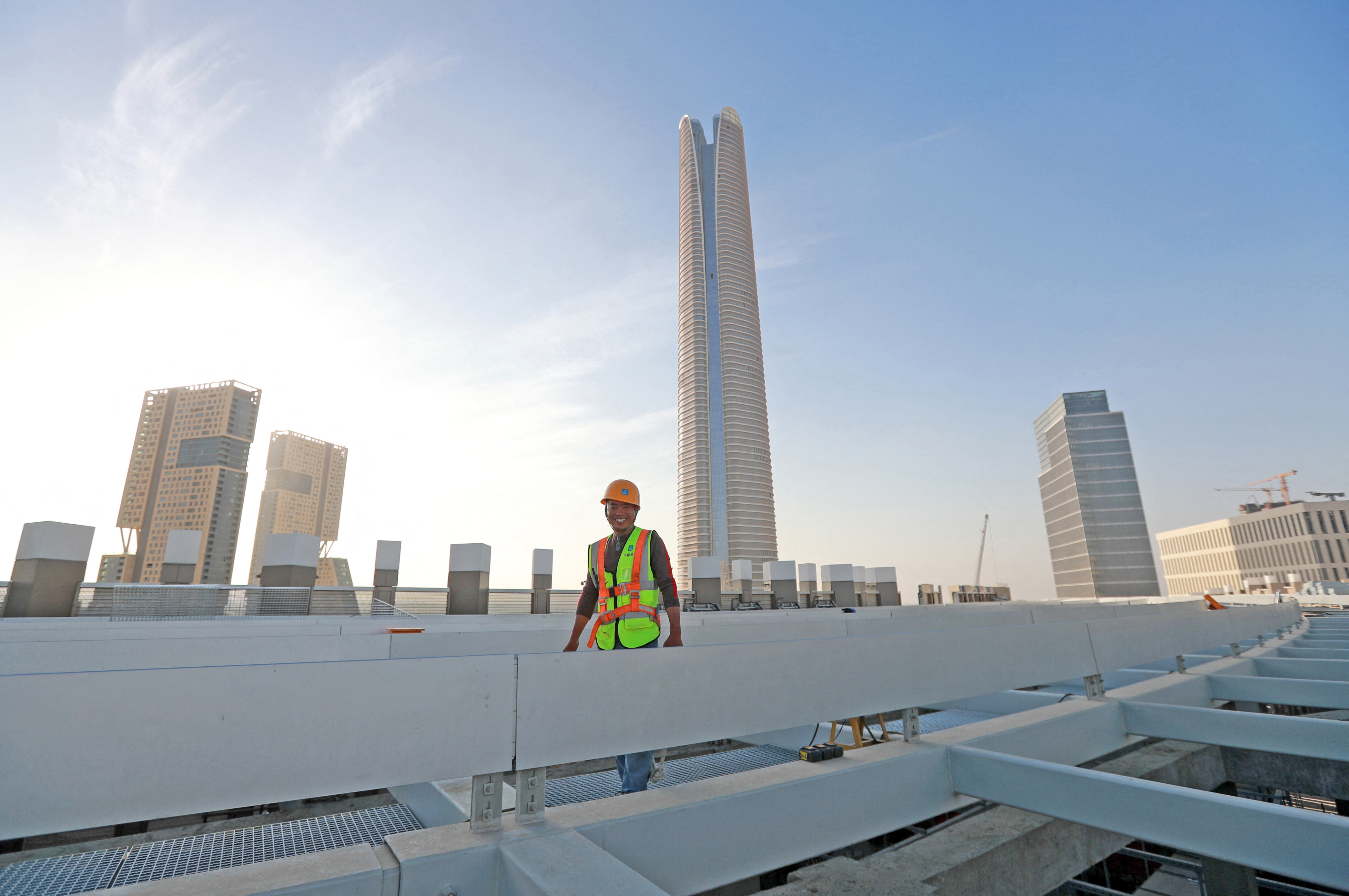









You can find an overview of ongoing debates with our journalists here . Please join us!
If you want to start a conversation about a topic raised in this article or want to report factual errors, email us at english@swissinfo.ch.